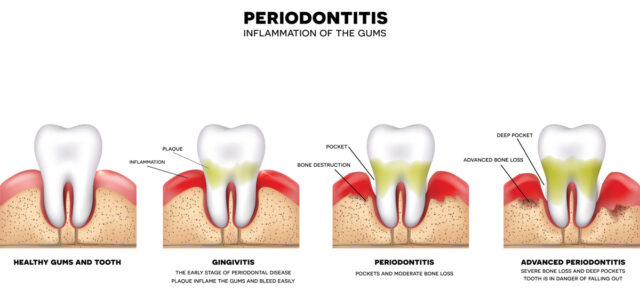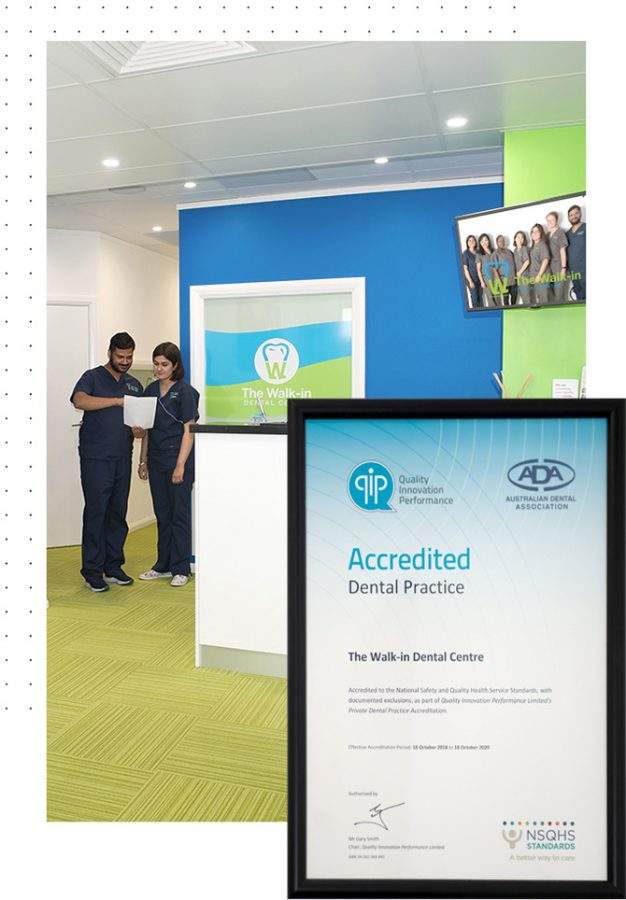

Gum disease, also known as periodontal disease, is a common oral health problem that affects many people. It is caused by plaque, a sticky film of bacteria that forms on the teeth and gums. If not removed, plaque can harden into tartar, which can lead to gum inflammation, or gingivitis. If left untreated, gingivitis can progress to periodontitis, a more severe form of gum disease that can lead to tooth loss.
Here are the different stages of gum disease and how to prevent them:
-
Gingivitis: This is the earliest stage of gum disease, characterized by red, swollen, and bleeding gums. At this stage, the damage is reversible with proper dental care. To prevent gingivitis, brush your teeth twice a day, floss daily, and visit your dentist regularly for professional cleanings.
-
Early Periodontitis: At this stage, the gums begin to pull away from the teeth, forming pockets that can become infected. You may notice bad breath or a bad taste in your mouth. To prevent early periodontitis, maintain good oral hygiene habits and consider using an antimicrobial mouthwash.
-
Moderate Periodontitis: At this stage, the gum pockets become deeper, and the bone and tissue that support the teeth are damaged. You may experience pain when chewing and your teeth may become loose. To prevent moderate periodontitis, continue with good oral hygiene habits and see your dentist for scaling and root planing, a deep cleaning procedure that removes tartar and bacteria from the teeth and roots.
-
Advanced Periodontitis: This is the most severe form of gum disease, where the bone and tissue supporting the teeth are destroyed, leading to tooth loss. At this stage, you may experience severe pain and bad breath. To prevent advanced periodontitis, you may need more aggressive treatments such as periodontal surgery or antibiotics.
The best way to prevent gum disease is to practice good oral hygiene and visit your dentist regularly. In addition, a healthy diet, avoiding tobacco use, and managing stress can also help maintain good oral health. If you notice any signs of gum disease, such as bleeding gums, bad breath, or loose teeth, see your dentist immediately to prevent the disease from progressing.


